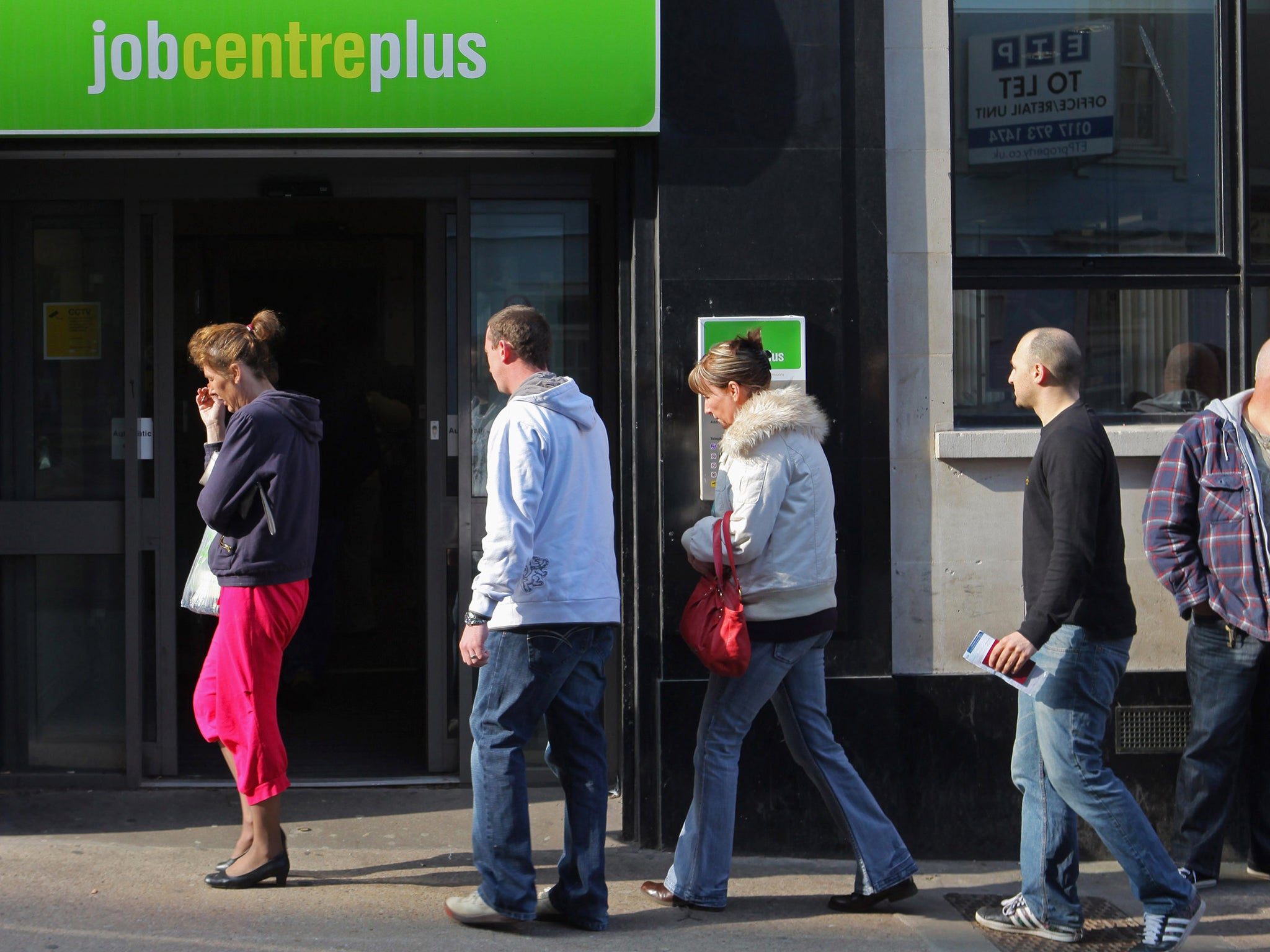Government 'must do more' after revelation housing associations pay tens of millions to help unemployed
Exclusive: 'Nationally commissioned employment and skills services have failed to work with them, and have failed to support people who face the greatest barriers to work'

Housing associations are spending tens of millions of pounds helping long-term unemployed people find work, a think tank has warned, as it called on the government to recognise the amount they spend.
A new report from the Institute for Public Policy Research (IPPR) suggested they spent more than £70m a year to support out of work tenants to rejoin the jobs market and then progress within it.
By comparison, the government’s Work and Health Programme, which was launched earlier this year, has a projected spend of £130m next year, it said.
The IPPR also called on the government to devolve more funding and power to local authorities to work with housing associations to “build more effective local employment and skills services.”
Its report, Building Communities that Work, found there were continuing levels of high unemployment among adults living in housing association properties, despite the fact the employment rate stands at a record high.
It found only four in 10 housing association tenants are in work, while unemployment is twice the national average and economic inactivity is three times higher.
One in three told the report’s authors that they struggled to pay their rent, and more than half rely on housing benefit.
The report criticised how government programmes have mainly been delivered by privately-owned service providers, which it says have struggled to support the hardest to help.
Joe Dromey, senior research fellow at IPPR, said: “As our new figures show, housing associations play a crucial role in supporting their tenants to access work and in tackling poverty in their local communities. But nationally commissioned employment and skills services have failed to work with them, and have failed to support people who face the greatest barriers to work.”
“Government needs to rethink this approach. Power and funding should be devolved to our towns, cities and rural areas, so that they can build back-to-work services that really meet the needs of local communities and local economies. Housing associations should be key partners in this, working to help their tenants to access decent jobs.”
A spokesperson for the Department for Work and Pensions told The Independent: “Making sure our jobs market works for everyone is at the heart of what we do, and the employment rate is now at a record high of 75.7 per cent. With over 3.3 million more people in work since 2010, we have seen on average 1,000 more people in work each and every day.
“Around £100 million of funding has been devolved to London and Greater Manchester to procure and deliver localised versions of our Work and Health programme, capitalising on local knowledge and good practice. Our specialised providers are delivering tailored support to job seekers across England and Wales.”
Join our commenting forum
Join thought-provoking conversations, follow other Independent readers and see their replies
Comments
Bookmark popover
Removed from bookmarks